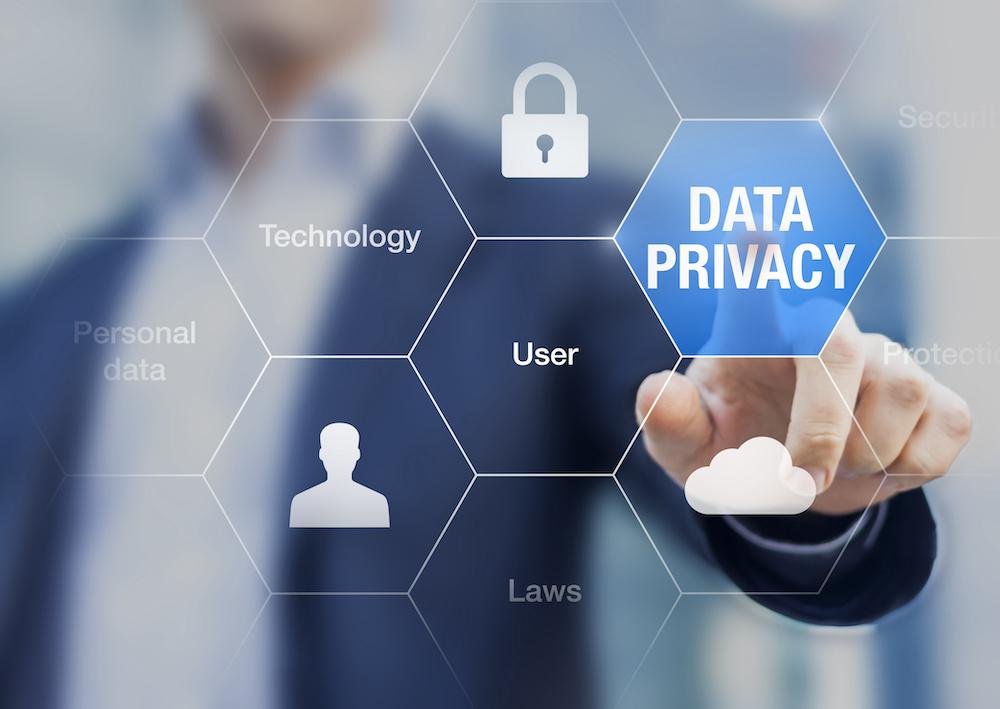The idea of data privacy has grown significantly in relevance in the current digital era, as data has turned into a valuable commodity. Data privacy refers to the safeguarding of a person’s personal information and ensuring that it is handled, stored, and properly used by organizations and people. Concerns concerning data privacy have increased as a result of the development of technologies like artificial intelligence, big data analytics, and the Internet of Things (IoT). The importance of data privacy, its difficulties, and the steps people and organizations may take to protect personal data are all covered in this article.
Names, addresses, phone numbers, financial information, social media activity, and browser history are just a few examples of the many types of information that make up personal data. Because it can be used to evaluate customer behavior, target adverts, customize services, acustomizetrategic business decisions, this data is incredibly valuable. However, the improper use or treatment of personal information can result in fraud, identity theft, and privacy violations.
Data Privviolationss
In today’s linked world, data privacy faces a number of difficulties. Unauthorized gathering and several personal daThe unauthorized uses are one of the main issues. People frequently give their personal information to businesses in return for goods or services, but they might not completely understand how that information is handled. Privacy concerns are raised by the lack of transPrivacy concerns personal data.
The rising complexity of cyberattacks is another ta personal Cybercriminals and hackers are continually developing new techniques to access private information without authorization. In addition to financial losses, reputational harm, and jeopardized personal and professional life, data breaches can have serious repercussions.
Data privacy is also hampered by the international scopDoof the internals disparatealsoahamperenanoscopyin many nations. Internationally operating comppeoplese the pawserse complicated legal systems and guarantee adherence to several sets of rules.

Ensuring Data Privacy
A multifaceted strategy encompassing people, organizations, and legislators is needed to protect data privacy. These are some essential actions that can be performed.
- Individual Awareness: People should educate themselvPeoplee hazards to data privacy and the best practices. This entails exercising caution when disclosing private information online, routinely checking social media privacy settings, and choosing strong, one-of-a-kind passwords for online accounts.
- Consent and Transparency: Before collecting personal information from individuals, organizations should have explicit, informed consent. Additionally, they must offer transparent privacy rules that spell out exactly how data is gathered, saved, utilized, and shared.
- Strong Data Security: To prevent unwanted access to personal data, it is crucial to have strong data security procedures. This comprises firewalls, secure authentication procedures, encryption, and frequent security assessments.
- Compliance with Regulations: Organizations must abide by pertinent data protection laws, such as the California Consumer Privacy Act (CCPA) or the General Data Protection Regulation (GDPR) of the European Union. Implementing privacy rules, designating data protection officers, and responding to data subjects are all part of compliance.
- EthicalDataPractices: Organizations should develop moral data handling procedures that put people’s privacy and welfare first. To achieve this, data collection should be kept to a minimum, data should be anonymized or pseudonymized whenever feasible, and data should only be utilized for legal functions.
- Data Privacy Impact Assessments: Regularly carrying out privacy effect analyses aids in identifying and reducing potential privacy hazards connected to data processing operations. Organizations may foresee and handle privacy issues before they become more serious thanks to this proactive strategy.

Conclusion
Data privacy is a fundamental right in the digital era, and preserving that trust between people and businesses depends on protecting that right. While technological improvements have many advantages, protecting personal information is one of those disadvantages. Individuals and businesses may cooperate to guarantee data privacy and reduce the dangers connected with the abuse of personal data by increasing awareness, putting in place robust security measures, and abiding by privacy legislation. To build a digital environment where data privacy is respected and safeguarded, everyone must work together.